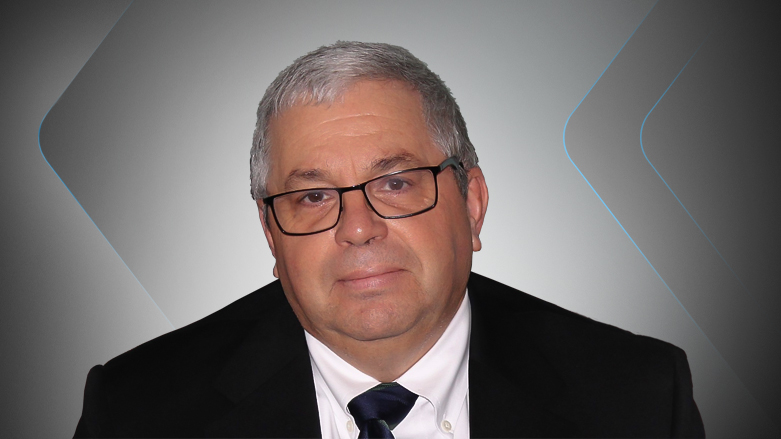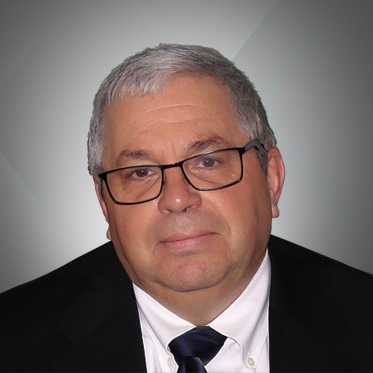Is Syria a look into a Kurdish future?

The Syrian regime along with its Russian and Iranian allies are set to launch a final attack on the last rebel stronghold in Idlib province. While the start of the campaign, as well as how long the operation will take, is unknown, the outcome is predictable. Barring any unforeseen events, such as additional support to the rebels, the regime will be successful. What then becomes of the Syrian Democratic Forces (SDF) and the Kurdish-controlled towns and region that have been effectively independent for years?
While the United States and other coalition troops have helped train and equip the SDF, the Kurdish-led forces have drawn boundaries which they feel represent the Kurdish region. Although the US-led coalition has arbitrarily ended most support east of the Euphrates River, there are some exceptions. Despite refusing to support the Kurds in Afrin, they continue to support the facilities in Manbij. The question now is what the future holds once the region is secure and the Islamic State (IS) no longer poses a threat.
The US will likely begin its promised troop withdrawal and reduce or suspend aid to the Kurds. The timing of this will depend on the level of force being used to control the region and by whom. Turkey will use the American withdrawal to drive deeper into Syria and expand on their operations around Afrin and continue to Manbij. Iran will push forces deeper into Syria to be within striking distance of Israel, and Russia will continue its build-up of air and naval forces to control the eastern Mediterranean. The Kurds are not even a second thought in the minds of the diplomats and politicians of the leading powers. Only Turkey is concerned about the Kurds, and just that they are destroyed or reduced to irrelevance.
Kurdish society has gone through tremendous change in the last decades. In Iraq and Syria, they have managed to establish autonomous governments that function as extensions of society. In Iraq, it was enshrined into the constitution and made part of the national law. In Syria, it grew from the breakdown of government control and existed during a period of civil war which the Kurds managed to avoid being part of. Military aid came as the IS crisis spread and the Kurds proved valuable fighters. The civil war appears to be ending, and the crisis has also abated. What now becomes of Kurdish policy?
Policy in Syria is going to be decided first, and that decision will be an indicator of how the future of Kurds in the Kurdistan Region will flow. The US and the rest of the Western countries see Syria and Iraq as separate issues and treat them as different battlefields. The main antagonists in the region (Iran, Turkey, and Russia) look at the problems as interconnected, one battlefield with a shared conflict. Viewing the Kurds as a single entity, both Turkey and Iran consider it in their best national interest to deny Kurdish autonomy. Turkish and Iranian animus is long-standing, and Russia will play on the hatreds to follow its own perceived national interest.
Kurds in the Region are somewhat protected because their government and area are part of Iraq and enshrined in the constitution. Of course, this is only good provided the Iraqi government pays service to its own laws, which is not guaranteed. Syria, on the other hand, has no such protections and will survive if the West continues to see value in allowing the present status quo to exist, which is also not guaranteed.
The biggest threat to Syrian Kurdistan today is Turkey which has support from the West as a NATO member, but that support is weakening. The problem is there is nothing the Syrian Kurds can do on their own to change the situation. The world must be convinced that the threats to world peace that come from allowing Turkey and Iran to control Syria are greater than ignoring the Kurdish situation. The Kurds, all Kurds, must understand that there is no permanent military solution to the problem. While military force must be used for protection, it is only through political action that a long-term solution will be found.
The only other pressure the West can bring to bear is economic. All of the Kurds’ major opponents are in economic peril, and all are under sanctions from the US. But economic sanctions take a long time to work—if they ever do. This leaves us with politics and diplomacy. The Syrian Kurds must decide who will best protect their interest. Currently, the West is still the best bet for long-term solutions. The US’ words do not appear to support that contention but, so far, their actions have. Pending actions by Turkey, political elites believe there is a strong possibility there will be a break between Turkey and NATO. Should this break happen, or should the relationship continue to deteriorate, the US would be hard-pressed to leave Syria.
Next comes the outcome of the government formation in Iraq. While there is no good result for the Kurds with the current situation—neither Shia coalition will be friendly to the Kurds—should the Hadi al-Ameri and Nouri al-Maliki alliance form the government, Iran will gain more control than they have in the past. In this situation, the US and the West will likely be asked to leave Iraq. Should this happen, there will be no protection left for Kurdish autonomy or even against threats of Turkish expansion.
This brings us back to Syria. The good or bad news will come there first. The West will protect or abandon the Kurds there. Turkey will expand or be pushed back there. It all depends on the political will of the West. Lobbying must be intensified and directed at how the outcome will affect the West. By securing a Kurdish buffer, radical Islam can be contained. The history of the Kurds allows for this argument. It must be made.
Paul Davis is a Senior Fellow at Soran University and a retired US Army military intelligence officer. He has been a consultant to the American intelligence community specializing in the Middle East with a concentration on Kurdish affairs. Currently, he is the President of the consulting firm JANUS Think in Washington DC.
The views expressed in this article are those of the author and do not necessarily reflect the position of Kurdistan 24.
Editing by Karzan Sulaivany
